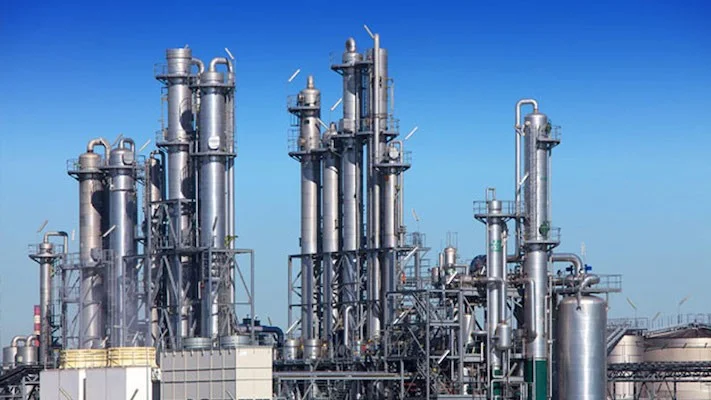The Port Harcourt Refining Company remains shut down for maintenance into its second month as of June 25, 2025, with no clear timeline for resuming operations, raising concerns about Nigeria’s fuel production capacity.
The Nigerian National Petroleum Company Limited (NNPC) announced the shutdown on May 24, 2025, for a planned 30-day maintenance, but the facility has yet to produce fuel, frustrating local petroleum marketers.
The prolonged closure coincides with an Economic and Financial Crimes Commission (EFCC) investigation into alleged $7.2 billion fraud tied to the rehabilitation of Nigeria’s Port Harcourt, Warri, and Kaduna refineries.
On Monday, June 23, the EFCC arrested Umar Isa, former NNPC Chief Financial Officer, for alleged abuse of office and corruption related to $1.56 billion allocated for Port Harcourt, $740.6 million for Kaduna, and $656.9 million for Warri.
Other officials under scrutiny include Tunde Bakare (former Warri Refinery MD), Ahmed Adamu Dikko, and Ibrahim Monday Onoja (former Port Harcourt Refinery MDs), with the former Warri MD also detained.
A Troubled Turnaround
The NNPC’s former Chief Corporate Communications Officer, Olufemi Soneye, stated on May 23 that the maintenance was routine, but the agency currently lacks a spokesperson, and attempts to reach NNPC via its website’s contact details have been unsuccessful.
Local marketers report ongoing repair work, but the lack of official updates has fueled uncertainty.
The Port Harcourt refinery, with a 60,000-barrel-per-day capacity, was declared operational in November 2024 by then-Group CEO Mele Kyari after years of inactivity, boasting a 70% capacity output of 1.5 million liters of diesel and 2.1 million liters of Pour Fuel Oil daily.
The EFCC probe, targeting Kyari’s tenure, focuses on alleged fund diversion and kickbacks from contractors.
“As CFO, Isa oversaw the release of funds for the turnaround maintenance,” an EFCC official said, noting that key officials involved in major NNPC projects face scrutiny for corruption.
The investigation has raised questions about the efficacy of the $1.56 billion spent on Port Harcourt’s rehabilitation, especially as the facility remains offline.
Economic and Regional Context
The shutdown and probe come at a critical time for Nigeria, which is pursuing ambitious economic goals, including a $1 trillion economy by 2030, as highlighted in the recent $1 billion Nigeria-Brazil agreement for agriculture and energy.
That deal, signed on June 24, aims to modernize farming and boost gas production, underscoring Nigeria’s push for energy self-sufficiency.
However, the refinery’s closure undermines these efforts, as Nigeria continues to rely on fuel imports for its 200 million-plus population, driving inflation and economic strain.
The lack of transparency mirrors challenges in Nigeria’s foreign policy, such as the Ministry of Foreign Affairs’ silence on UAE visa restrictions, which impose a $60,000 bank balance requirement on Nigerians.
Both issues highlight governance gaps that hinder Nigeria’s global and domestic progress.
A Path Forward?
As the EFCC investigation unfolds and the refinery remains idle, Nigerians await clarity on when fuel production will resume.
Can the NNPC restore operations and rebuild trust, or will corruption allegations further erode confidence?
The nation’s energy future hangs in the balance.
Nigeria and Brazil Seal $1 Billion Deal to Transform Agriculture























